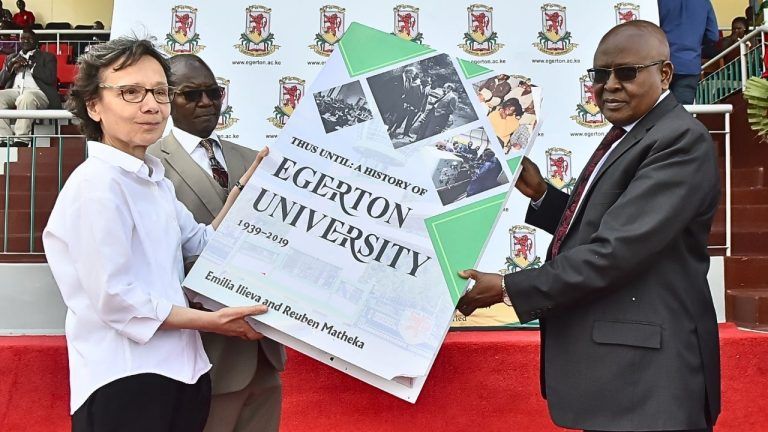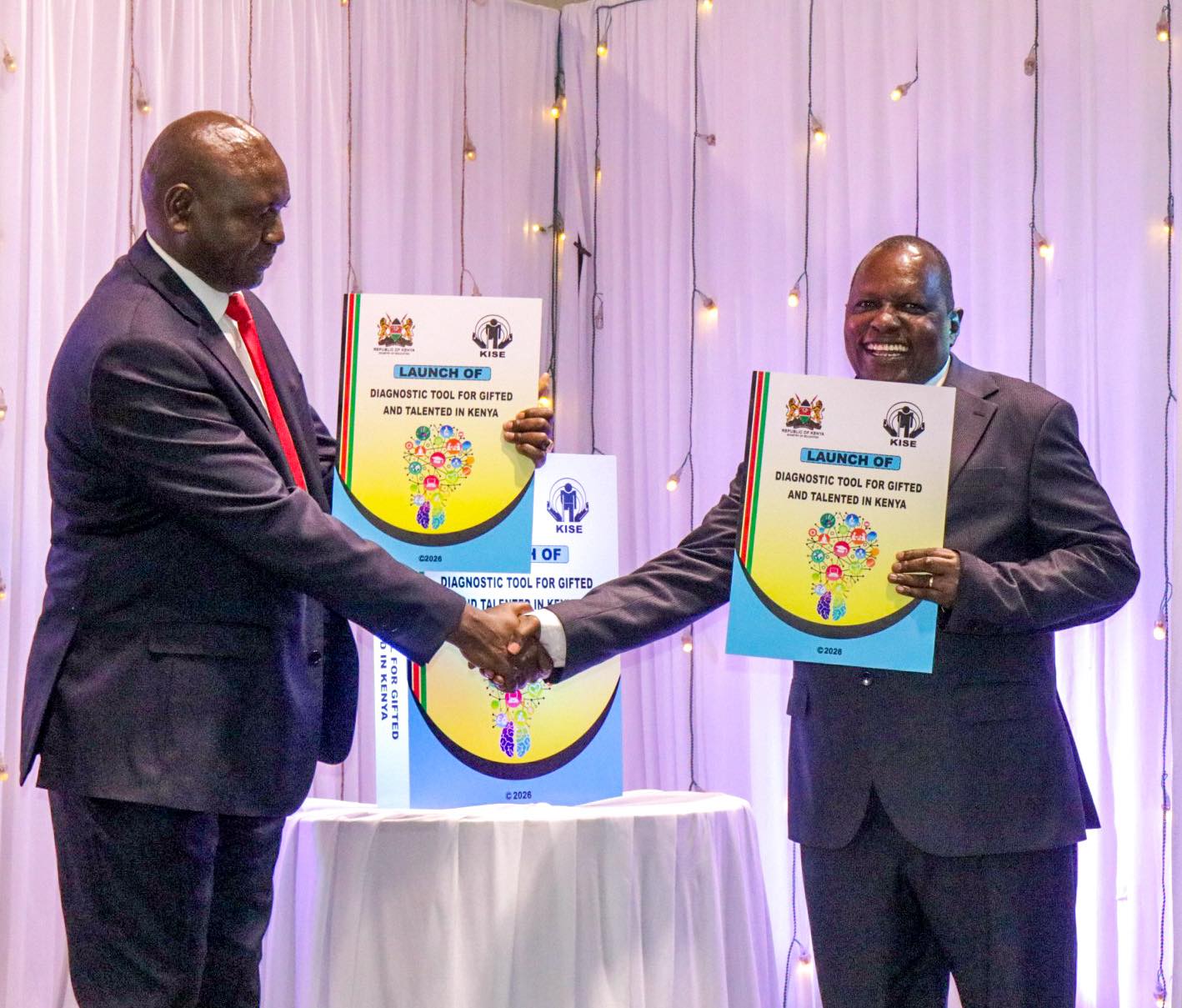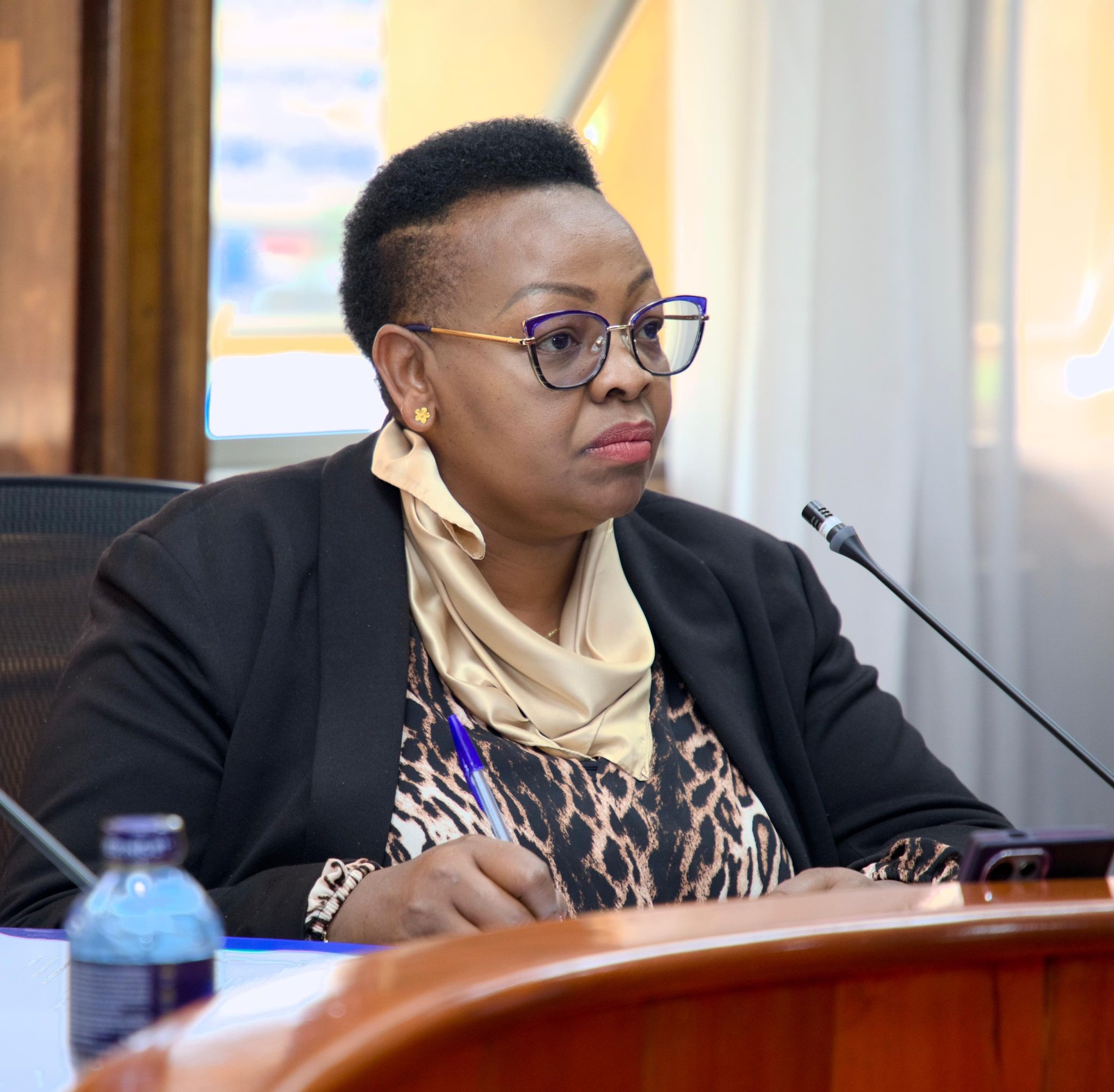By Roy Hezron
The government, through the Ministry of Education, has commissioned state-of-the-art research facilities across the country worth over Sh100 million to boost research in public universities and other research institutions.
The facilities, which are complete and operational, have been commissioned at National Biosafety Authority (NBA), Rongo University, Jaramogi Oginga Odinga University of Science and Technology (JOOUST), Chuka University and Meru University of Science and Technology (MUST) by the Principal Secretary in the State Department for University Education and Research, Ambassador Simon Nabukwesi in June this year.
About 20 institutions that were competitively selected are being funded by the National Research Fund (NRF) after the Fund called for institutions to submit proposals to compete for the institutional infrastructure support grants in 2016.
NBA Molecular Biology Laboratory, the first to be built in the country, will purposely be used to regulate Genetically Modified Organisms (GMOs) in the country and offer its services at a reasonable fee and become the country’s GMO reference laboratory, since NBA is the focal point on matters of GMO regulation.
NBA is a state corporation mandated to ensure safety of human and animal health and provide adequate protection of the environment from harmful effects that may result from GMOs.
“In Africa, Kenya is in the forefront of research, development and commercial activities of GMOs. In this regard, efforts have been made to develop capacity in detection of approved GMO events as well as for aiding in surveillance to assure the public and build confidence in the safety of introduced GMOs,” said Amb Nabukwesi when he officially commissioned the laboratory at NBA headquarters at the National Commission for Science, Technology and Innovation (NACOSTI) building in Nairobi on June 27, 2022.
The laboratory will offer key services including supporting the government to safeguard the safety of human and animal health against a backdrop of the government’s ban on the importation and consumption of GM foods.
The laboratory will also contribute to the effective implementation of the provisions of the Cartagena Protocol on Biosafety given that the NBA is the country’s national focal point.
It will also enhance surveillance of GM products to curb the potential breach of security through the use of biological agents by hostile non-State actors currently active in the Horn of Africa.
Other services include testing of products of emerging biotechnologies such as genome editing among others; and contributing to training and capacity building for students and scientists in research and higher learning institutions.
Newly-commissioned Soil Analysis Laboratory of Rongo University will boost agricultural yields by testing and identifying the nutrient content of soils in order to advise on the proper fertilizers or rates to apply, as well as the necessity to expand the number of educated soil scientists to tackle soil fertility-related constraints, prompted the initiative.
The laboratory, which is already being used both for teaching and research, has impacted many scientists from the western region, since the scientists could only access soil testing facilities in Eldoret and Nairobi hence reducing their workload.
The Rongo University Laboratory was built at a cost of Sh33.6 million, with NRF providing Sh23.8 million toward the procurement of teaching laboratory equipment. Rongo University contributed Sh9.8 million in form of a laboratory facility and to purchase start-up chemicals. The project began on March 15, 2019 and was completed on April 30, 2021.
The Molecular and Microbiology Laboratory at JOOUST will focus on freshwater ecology, soil health and animal genomics, with the laboratory poised to use wild genotypes to improve the current animal breeds hence boost their productivity like eggs and milk.
The laboratory will also focus on human health whereby the laboratory will help in dealing with future and current life-threatening diseases like Covid-19.
It was also funded to the tune of Sh33 million by the NRF, with over 95 per cent of all the allocated funds being used to procure various pieces of equipment to support the key function of the laboratory.
The Chuka University Academic and Research Excellence Centre (AREC) equipment, the Gas Chromatography-Inductively Coupled Plasma Mass Spectrophotometer and Spectrometer (GC-ICP-MS/MS), was funded to the tune of Sh 67million.
The facility has the capability to evaluate food deterioration by multivariate analysis, conduct pesticide residue analysis and determine contents in agricultural products, food quality evaluation, analyze toxicological substances in blood and nuclear radioactivity to minute levels.
NRF is established under the Science Technology and Innovation (ST&I) Act of 2013, Section 32. The Fund became operational on November 9, 2015. The object of the Fund is to facilitate research for the advancement of science, technology and innovation.
Part VII of the ST&I Act, 2013, stipulates that the Fund will constitute a sum of money amounting to 2 per cent of the country’s Gross Domestic Product (GDP) every year and such other monies designated for the Fund by Parliament, donations, endowment or grants or gifts designated for the Fund.






